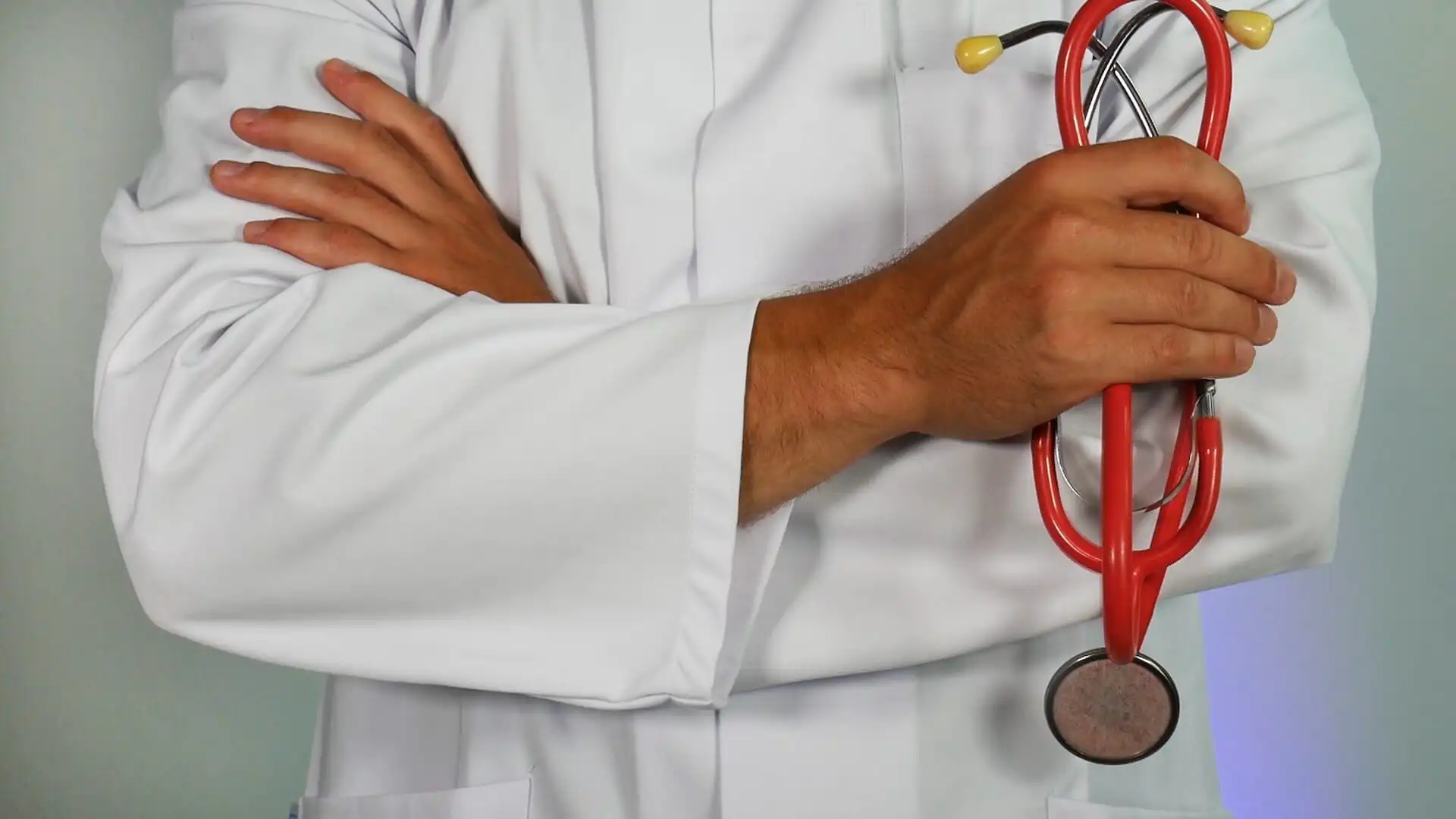Medical Malpractice Damages in South Carolina: What You Can Recover

When medical treatment goes wrong, the consequences can be devastating. For those who have suffered due to medical malpractice in South Carolina, understanding what damages can be recovered is crucial. This guide provides an overview of the types of compensation available to victims of medical malpractice in the state.
Types of Damages Available
In South Carolina, medical malpractice damages can be divided into three main categories:
- Economic damages
- Non-economic damages
- Punitive damages
Economic Damages
Economic damages are intended to compensate the victim for financial losses directly resulting from the malpractice. These can include:
- Medical Expenses: Costs for past and future medical treatment related to the injury, including hospital bills, medication, rehabilitation, and any necessary medical equipment.
- Lost Wages: Compensation for income lost due to the inability to work during recovery, as well as future loss of earning capacity if the injury impacts the victim’s ability to work long-term.
- Other Out-of-Pocket Expenses: Any additional costs incurred due to the malpractice, such as transportation to medical appointments or modifications to the home to accommodate a disability.
Non-Economic Damages
Non-economic damages are awarded for more subjective losses that do not have a specific monetary value. These can include:
- Pain and Suffering: Compensation for physical pain and emotional distress caused by the injury.
- Loss of Consortium: Damages awarded to the spouse or family members of the victim for loss of companionship, affection, and support.
- Loss of Enjoyment of Life: Compensation for the decreased ability to enjoy life’s pleasures due to the injury.
Punitive Damages
Punitive damages are less common and are intended to punish the defendant for particularly reckless or intentional misconduct. In South Carolina, punitive damages require clear and convincing evidence of willful, wanton, or reckless behavior. The amount awarded for punitive damages is subject to statutory caps and is typically higher than compensatory damages to serve as a deterrent.
South Carolina’s Cap on Non-Economic Damages
South Carolina has imposed a cap on non-economic damages in medical malpractice cases. As of the latest updates, non-economic damages are capped at $350,000 per claimant against a single healthcare provider or institution, and $1.05 million in total if there are multiple defendants. This cap is intended to control the costs of medical malpractice insurance and ensure the availability of medical services.
Proving Medical Malpractice
To recover damages, it is essential to prove that the healthcare provider’s negligence caused the injury. This involves demonstrating the following elements:
- Duty of Care: The healthcare provider owed a duty of care to the patient.
- Breach of Duty: The provider breached that duty by failing to meet the standard of care.
- Causation: The breach directly caused the injury.
- Damages: The patient suffered actual harm as a result.
The Role of Expert Testimony
In South Carolina, expert testimony is often required to establish the standard of care and how it was breached. This typically involves medical experts who can explain what a competent healthcare provider would have done under similar circumstances and how the defendant’s actions deviated from that standard.
Seeking Legal Assistance
Navigating a medical malpractice claim can be complex and challenging. It is crucial to consult with an experienced medical malpractice attorney who can guide you through the legal process, gather necessary evidence, and advocate on your behalf to ensure you receive the compensation you deserve.
Conclusion
Understanding the types of damages you can recover in a medical malpractice case is essential for pursuing a successful claim. In South Carolina, victims can seek economic, non-economic, and in some cases, punitive damages. Given the complexities involved, having knowledgeable legal representation can make a significant difference in the outcome of your case. If you believe you have been a victim of medical malpractice, don’t hesitate to reach out to a qualified attorney to discuss your options.

